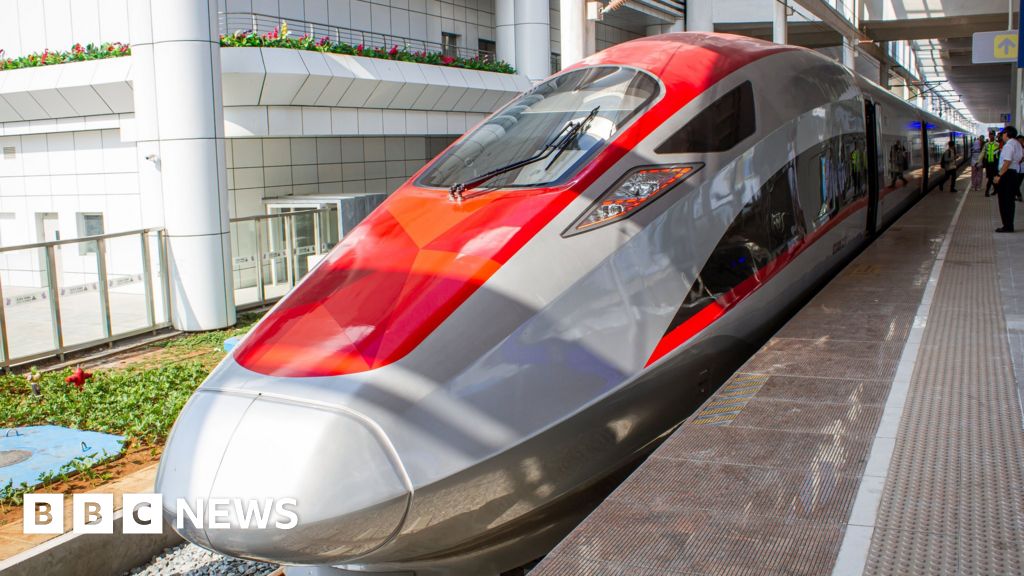- cross-posted to:
- [email protected]
- cross-posted to:
- [email protected]
Indonesia has inaugurated its first high-speed railway, a $7.3bn (£5.9) project backed by China under its Belt and Road Initiative.
President Joko Widodo launched the service, which connects the capital Jakarta to Bandung, a top economic hub.
The railway is named Whoosh, a Bahasa Indonesia acronym that translates to time-saving and reliable.
Mr Widodo has prioritised projects like Whoosh to ease the country’s severe traffic jams.
The railway was originally scheduled to open in 2019 but was delayed due to land disputes, the Covid-19 pandemic and a $1.2bn (£984m) budget overrun.



The areas around Jakarta and Bandung are not dirt poor backwaters; there are literally millions of middle class Indonesians able to afford such prices, and more every year as the country develops. Also, having high speed rail tickets as low as $16, which the article admits is “comparable” to other options, is already a huge feat!
This simply sounds like the writer is casting around for any negative views they can find, in order to shape a narrative. You can unearth such grousing about any infrastructure project, no matter how worthy, if you ask enough people.
My comment is more to you talking about trains in general, as there are already regular trains in place. This is more about where high-speed rail fits in. AP News also has an article on it:
https://apnews.com/article/indonesia-southeast-asia-highspeed-railway-e7a53ecbcb077b4403d9232e7b93bcf3